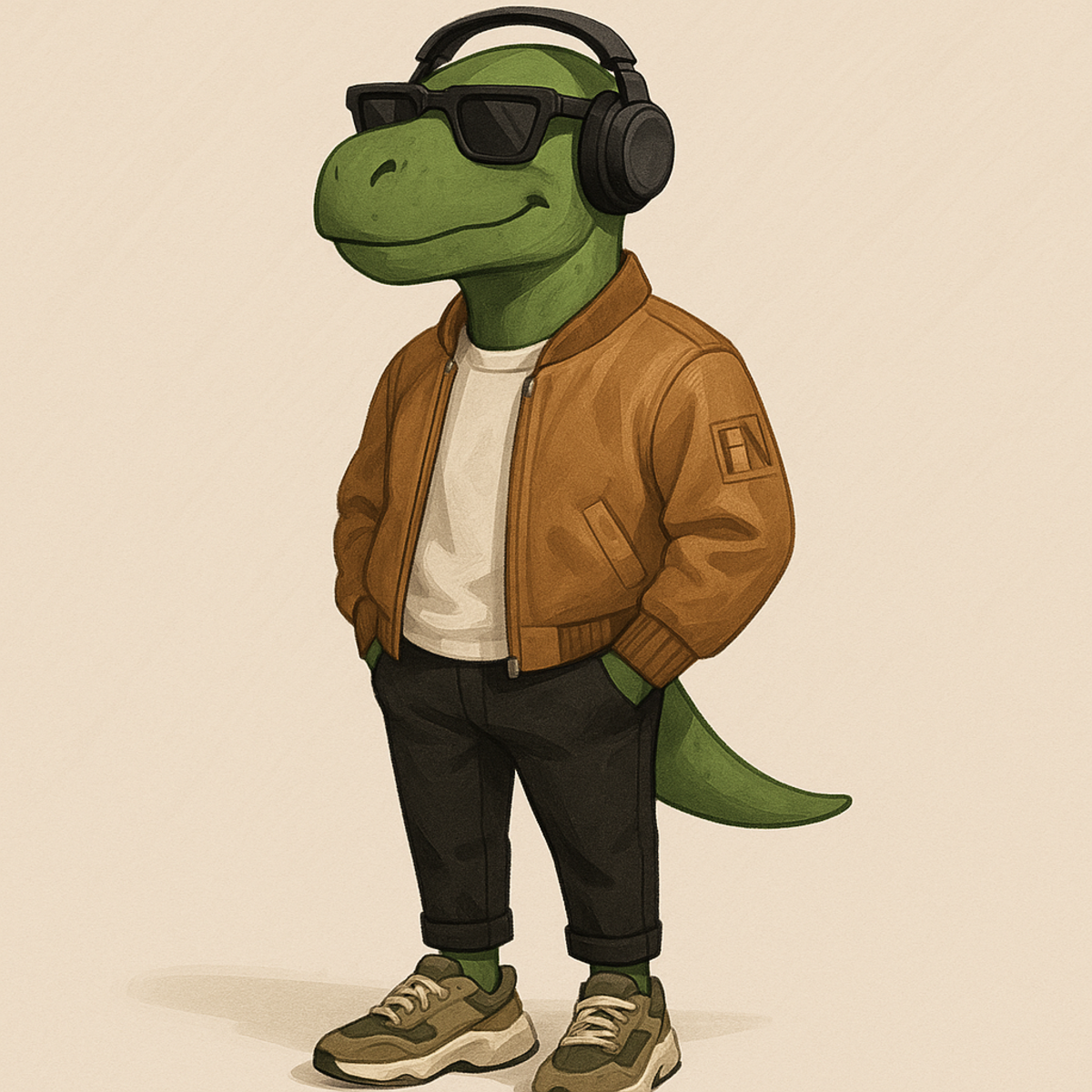The new luxury concierge doesn’t wear black. It lives in your browser.
Forget influencers and stylists — the next big player in fashion discovery is an AI that knows your taste before you do.
ChatGPT just launched Atlas, Perplexity rolled out Comet, and suddenly, search isn’t about typing — it’s about talking. These new AI browsers are changing how people find, compare, and buy everything from sneakers to suits.
Instead of opening 15 tabs, users ask one question: “Find me something that feels like Prada but costs like COS.”
And the browser delivers.
For brands, this is the new battleground. Your customer isn’t Googling you — they’re being recommended you.
If your product data, tone, or policies aren’t AI-readable, you’ll disappear faster than a flash sale.
In 2025, style isn’t discovered by scrolling.
It’s surfaced by systems.
Inside this issue:
✅ Cover Story: The Browser Is Back — How AI browsers are quietly rewriting fashion e-commerce
✅ Swipe File: Bottega’s paparazzi hack — The street-style campaign that fooled the algorithm
✅ Spotlight: Fendi’s Chiuri Era — A creative shake-up that redefines heritage
✅ Fun Fact: Thai stars beat K-pop The new faces dominating fashion’s social charts
🕒 Read time: 2 minutes about as long as it takes Atlas to decide your next look.The browser is back and it is smarter than ever
The browser is back and it’s coming for carts
AI browsers like ChatGPT’s Atlas and Perplexity’s Comet are changing how people search, shop, and discover brands online.
Last week, I tried an AI browser to find tools for creative founders who hate admin work. Instead of opening ten tabs and wasting an hour, it pulled everything together in one place. It summarized reviews, compared prices, and even suggested the best options based on what I already liked. No endless scrolling. No chaos. Just clarity.
That moment made something clear. The browser, the tool we thought was boring, is quietly becoming one of the most powerful pieces of technology in our lives.
Why this matters
For years, browsers were just windows to the internet. You typed, clicked, and hoped for the best. Now, AI browsers are turning into intelligent assistants that can understand what you want, find it instantly, and act on it.
OpenAI’s ChatGPT Atlas and Perplexity’s Comet are the first real examples. They do not just show search results. They summarize, organize, and even help you make decisions.
This shift changes how consumers discover products and how brands need to present themselves online.
What it means for brands
1. Product pages must be clear and structured.
AI browsers read and summarize your website. If your product data is messy or missing details like materials, sizing, and shipping, your brand may never appear in results.
2. Transparency beats creativity.
Great storytelling still helps, but accuracy wins. AI tools rank and recommend based on facts. Brands that publish honest information about price, quality, and policies will stand out.
3. SEO is evolving into AI optimization.
People will no longer type long searches into Google. They will simply ask questions. Brands need to make sure their content is readable and easy for AI systems to understand.
4. Customer-friendly policies will rise in importance.
AI browsers automatically compare returns, warranties, and shipping times. The easiest and most generous brands will get the most visibility.
What it means for consumers
Browsing will feel more like talking to an assistant than searching a database.
Instead of typing “best sneakers under $150,” you might say “find simple white sneakers under $150 with good reviews and free returns.” The AI browser will search multiple sites, check reviews, and show only the best matches.
Soon, you will be able to save preferences, track prices, and even build outfits or shopping lists across different stores. It will feel like having a personal shopper that lives in your browser.
What comes next
AI browsers are turning into trusted advisors. They will remember your taste, your size, and your price range. They will compare across brands and tell you when something is worth buying or waiting for.
For businesses, this means competing for the browser’s trust, not just the customer’s attention. The brands that organize their data and create honest, easy-to-understand pages will win.
For individuals, it means saving time and energy. No more research spirals or confusing comparisons. Just smarter, faster decisions.
The takeaway
AI browsers are bringing order to the chaos of the internet. They make browsing personal, efficient, and surprisingly enjoyable again.
For creative founders and consumers alike, this is a wake-up call. The future of the internet will be shaped not by what you search for, but by what your browser already knows about you.
The smarter your browser gets, the more powerful your decisions become.
Swipe File (Real tactics used by real brands)
🎥 Bottega Veneta’s Paparazzi-Style Campaign Hack
Luxury label Bottega Veneta engineered a campaign where celebrities such as Kendall Jenner and A$AP Rocky were photographed in everyday settings wearing full looks of the brand’s Pre-Spring 2024 collection. The images, styled like street-style paparazzi shots, were licensed by the brand and became official ad creatives.
Why it works:
Blurs ad & reality: The photos looked like organic street style, but they were the campaign. That authenticity amplified buzz.
Leverages earned media: Instead of only paid ads, the brand tapped into the fashion press, social reposts, and influencer chatter.
Aligns with brand identity: Bottega’s “quiet luxury” positioning—exclusive, unobtrusive yet desirable is reinforced by looks that feel uncatalogued rather than staged.
Lesson for founders:
You can design campaigns that feel found rather than made. Use ambient moments—celebrity style, social assets, press coverage as part of your narrative rather than full-on produced commercials.
Spotlight
This week’s pick:
🔍Hermès appoints Grace Wales Bonner as menswear creative director

Hermès has quietly dropped one of the biggest moves in luxury this month. The French house tapped Grace Wales Bonner a Black British designer known for weaving art, sport and cultural commentary into menswear to lead its men’s ready-to-wear collections. The appointment marks the end of nearly 40 years of leadership under her predecessor.
Why it matters
For years, major luxury houses shuffled creative heads quietly. This one shouted change.
Wales Bonner is known for blending tailoring and heritage with African diasporic references—so Hermès shifting its guard signals more than a wardrobe update. It signals culture.
In a category battling waning demand, this is a brand betting big on relevance over repetition.
I Found this interesting, thought will share it with you
A Final Note
Fun Fact
During the recent Spring/Summer 2026 fashion month, more earned-media value (EMV) came from Thai actors than from K-pop stars for the first time ever
Let me know what you thought of this edition.Until next time,





